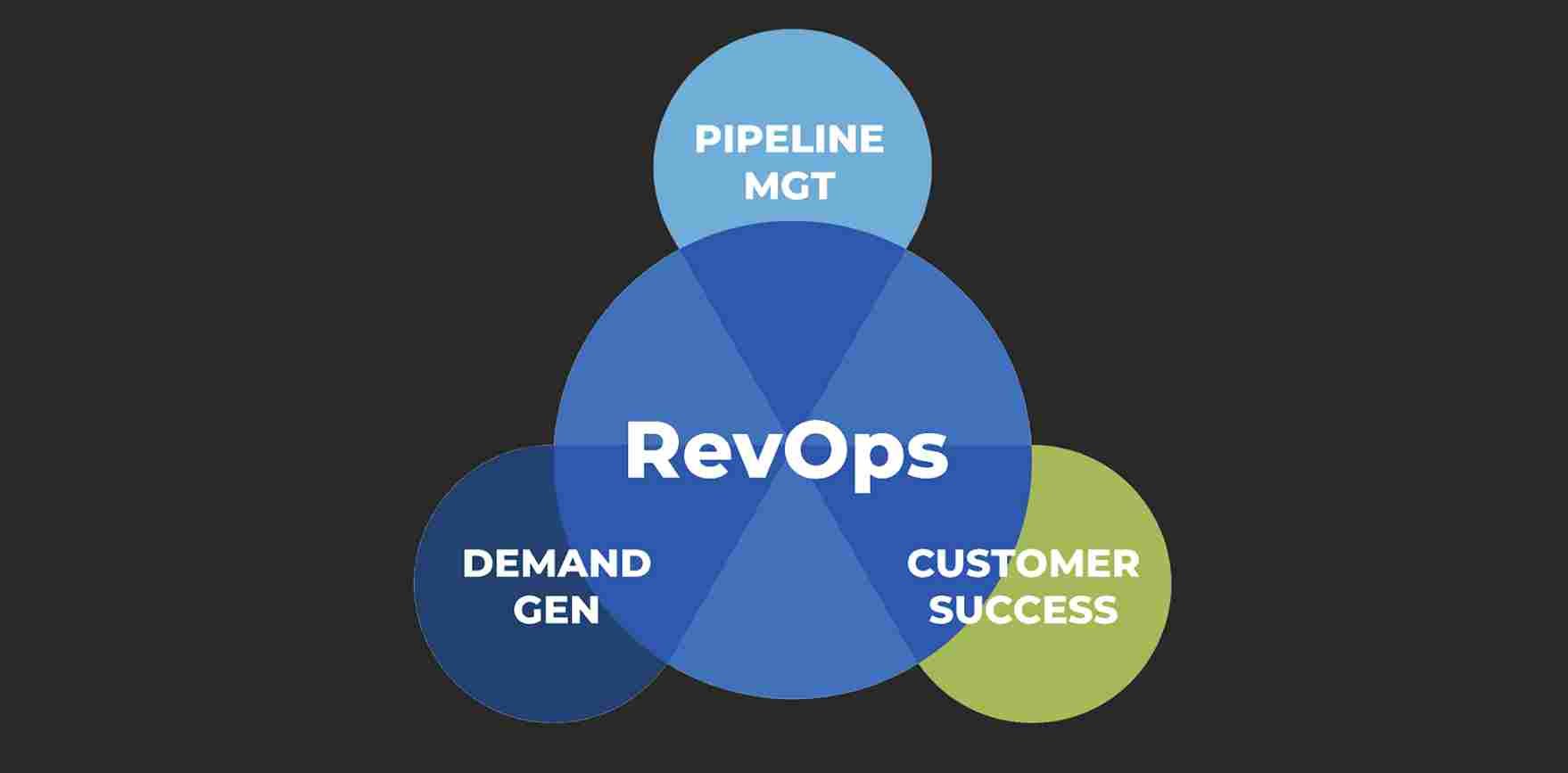How to Integrate Social Media with Your Marketing Plan
In today’s digital age, integrating social media with your marketing plan is no longer optional; it’s essential. Social media platforms offer a dynamic avenue for engaging with your audience, enhancing brand visibility, and driving business goals. To leverage these platforms effectively, it’s crucial to understand how to weave social media seamlessly into your broader marketing strategy. Here’s a comprehensive guide to doing just that.
Understanding the Role of Social Media in Your Marketing Plan
Integrating social media into your marketing strategy involves more than just posting content on various platforms. It requires a cohesive approach where social media efforts align with your overall business objectives. Begin by identifying how social media can complement your existing marketing goals. Are you looking to increase brand awareness, generate leads, or drive sales? Understanding these objectives will guide how you utilize social media to achieve them.
Crafting a Social Media Marketing Plan
A well-structured social media marketing plan is crucial for effective integration. This plan should detail your target audience, key messages, and content strategy. Establish clear objectives for each platform you use, whether it’s Facebook, Instagram, LinkedIn, or others. For instance, LinkedIn might be ideal for B2B connections, while Instagram could be more suited for brand storytelling and visual engagement.
In your plan, include a content calendar that outlines what to post, when, and where. This will ensure a consistent and strategic approach, avoiding the pitfalls of sporadic or uncoordinated posts. Also, plan for different types of content—such as promotional posts, educational content, and interactive polls—to keep your audience engaged and interested.
Aligning Social Media with Your Marketing Goals
Social media in marketing should be seamlessly aligned with your overall marketing strategy. This means ensuring that your social media efforts support your brand’s messaging and campaign objectives. For instance, if your current marketing campaign focuses on sustainability, your social media content should reflect this theme. Share stories about your sustainable practices, post eco-friendly tips, and engage with your audience on related topics.
Moreover, make use of data and analytics to monitor the effectiveness of your social media campaigns. Track metrics such as engagement rates, click-through rates, and conversion rates to assess whether your social media efforts are meeting your goals. Use these insights to adjust your strategies and improve performance continuously.
Leveraging Social Media for Brand Consistency
Brand consistency across all channels is key to building trust and recognition. Ensure that your marketing plan and social media activities are cohesive and reflect your brand’s voice and values. This consistency should extend to visual elements, such as logos and color schemes, as well as the tone and style of your messaging.
Developing a brand style guide can help maintain this consistency. This guide should outline your brand’s voice, key messaging points, and visual guidelines. Share this document with everyone involved in managing your social media accounts to ensure a unified approach.
Engaging Your Audience Effectively
One of the primary advantages of integrating social media with your marketing plan is the ability to engage directly with your audience. Engaging audience strategies include responding to comments, participating in conversations, and sharing user-generated content. Building relationships with your audience can enhance loyalty and encourage positive word-of-mouth.
Consider using interactive features such as polls, quizzes, and live Q&A sessions to boost engagement. These activities not only increase interaction but also provide valuable insights into your audience’s preferences and opinions.
Monitoring and Adjusting Your Social Media Strategy
The digital landscape is ever-evolving, and so should your approach to social media marketing. Regularly review your social media performance and adjust your strategies based on what works best. Stay updated with the latest trends and platform updates to ensure your approach remains relevant and effective.
Incorporate feedback from your audience and analyze performance data to refine your tactics. This continuous improvement will help you maintain a strong and effective social media presence that complements your overall marketing strategy.
Conclusion
Integrating social media with your marketing plan is an ongoing process that requires strategic thinking and adaptability. By crafting a comprehensive social media marketing plan, aligning your social media efforts with your business goals, and engaging effectively with your audience, you can create a robust and dynamic approach that drives success. Embrace these strategies to harness the full potential of social media and elevate your marketing efforts to new heights.
4o mini





